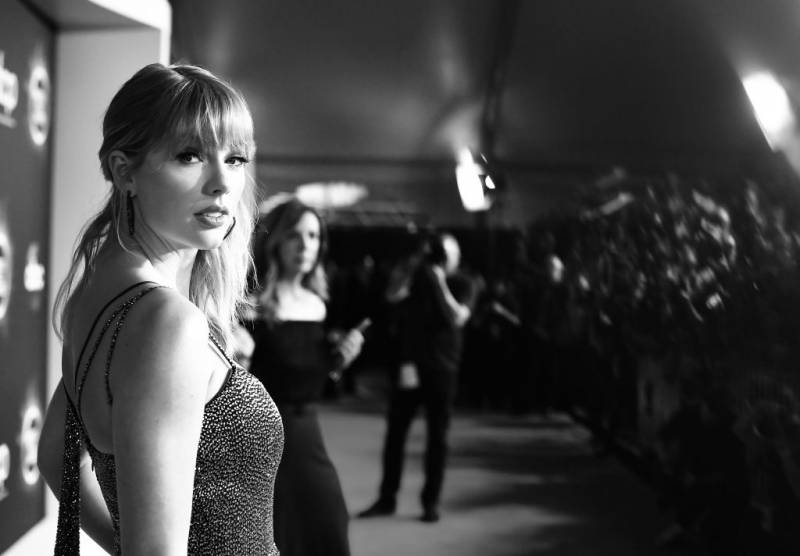Miss Americana, the Taylor Swift documentary that premieres on Netflix today, is, on the face of it, about a child star growing up in the public eye and finally finding a voice for herself beyond the world of music. At its heart, though, Miss Americana is really a film about young women, double standards and the damage wrought by old-fashioned gender roles.
You might not notice it at first, if only because of the surreality that accompanies Swift’s level of mega-stardom. We see her coping with fame-related isolation, fear, and bruises to her ego. We also witness her getting dragged into strangers’ marriage proposals, being bullied by Fox News anchors, and casually talking about strangers breaking into her home.
But the truth of the matter is that many of the problems Swift faces over the course of the documentary aren’t related to the trappings of fame; they’re related to simply being born female. Swift may deal with these issues on a massively magnified scale because of her particular situation, but many of her struggles are supremely relatable to women across America—especially young women.
We see Swift coping with slut-shaming, cyber-bullying and imposter syndrome—all common problems for young people in the age of the internet. “When you are living for the approval of strangers,” she notes at one point, “and that is where you derive all of your joy and fulfillment, one bad thing can cause everything to crumble.” She’s talking about record and ticket sales and award nominations, but the predicament is the same for every aspiring internet influencer in the country. Hell, all teens are beholden to “likes” these days.


